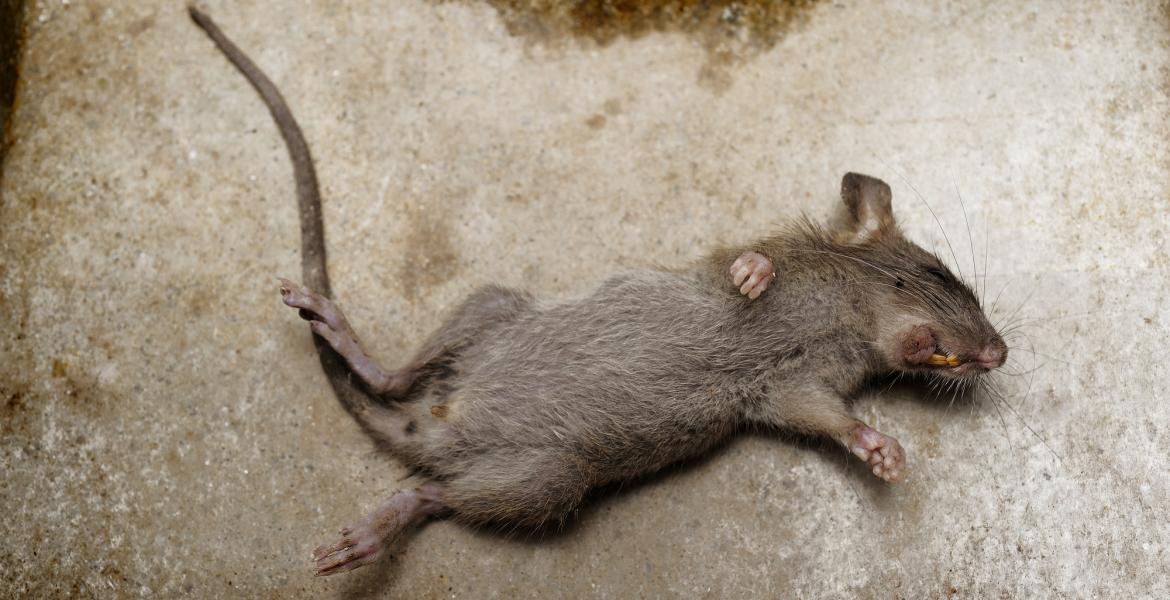TAMPA FL-According to researchers and the University of South Florida, tracking one of the deadliest living beings on Earth will be the key to saving thousands of lives each year.
The irritating sting of a mosquito possesses more than just the capacity to cause itchiness and inflammation. As per the American Mosquito Control Association, over 1 million individuals globally succumb to mosquito-borne diseases annually.
With rising global temperatures, the likelihood of contracting a mosquito-borne illness increases due to the ideal breeding conditions created by hotter climates.At the University of South Florida, researchers are employing citizen science—a practice involving voluntary public participation in scientific research—to develop artificial intelligence algorithms. These algorithms aim to detect and prevent disease-carrying mosquitoes from infecting humans and other large mammals.
Ryan Carney, an assistant professor in the Department of Integrative Biology at the University of South Florida, emphasized the critical role of citizen science in the identification process, speaking with ABC News."As big of a problem that mosquitoes and mosquito-borne diseases are, we can all do our part to fight them," he said.
Within a compact outdoor fountain housing thousands of mosquitoes, researchers can isolate individual mosquitoes and utilize a phone-equipped zoom lens to capture their images. These images are subsequently uploaded through free applications to the Global Mosquito Observations Dashboard. This user-friendly web interface, funded by the National Science Foundation, monitors invasive and vector mosquitoes.
Subsequently, artificial intelligence is employed to train multiple algorithms capable of identifying the species of mosquito, whether in larval or adult stages. This enables district officials responsible for mosquito control to pinpoint disease-transmitting mosquitoes and take measures to eliminate them.
Carney described the database as a "one-stop shop" for accessing worldwide mosquito observations.
The Centers for Disease Control and Prevention list malaria, West Nile virus, Eastern equine encephalitis, yellow fever, dengue, and Zika among the most severe diseases transmitted by mosquitoes to humans.
After years of progress in prevention, certain mosquito-borne diseases like malaria, dengue, and the chikungunya virus are experiencing an increase in cases.
The CDC reported the transmission of malaria on U.S. soil in 2023, marking the first occurrence in 20 years. Multiple states reported a total of nine transmissions.
Sarasota County, Florida, reported seven of these transmissions, leading state and county health officials to release mosquito-borne illness alerts in the area during the summer, when mosquito activity peaks.
Ryan Carney commented, 'When you ask people about the most dangerous animal in the world, most think of creatures like sharks. It's actually the mosquito that holds that title, being the deadliest animal on the planet, causing approximately 700 million infections annually and nearly one million deaths
Carney highlighted that climate change could worsen the issue, describing the increase in global temperatures as a 'perfect storm' for mosquito-borne diseases."It affects virtually every step of the transmission process, from the habitats to the mosquitoes to the pathogens to the human hosts," Carney said. "...Higher temperatures make everything worse."
According to Carney, worsening drought—an outcome of climate change—will likely lead people to store water, which can become a breeding ground for mosquitoes.
The adaptability of mosquitoes enables them to thrive in a warming climate. Carney suggested that even rapid climate changes are expected to be matched by the mosquitoes' ability to adapt and expand their habitats. Recent research, within the past year, has unveiled 'super' mosquitoes that have developed resistance to insecticides, as well as others that have learned to evade pesticides used against them.
"Climate change implies the likelihood of expanded mosquito populations in more areas, thereby increasing the transmission of diseases to more vulnerable individuals," he stated.
Carney emphasized the necessity for sustained vigilance in monitoring mosquitoes and the diseases they transmit in the coming years.
Carney emphasized the importance of considering the 'Three D's' for mosquito protection and prevention: Drain standing water around your residence; dress suitably with long sleeves, light-colored, and loose-fitting clothing; and defend yourself with insect repellent
Subscribe to the LIVE! Daily
Required






Post a comment to this article here: